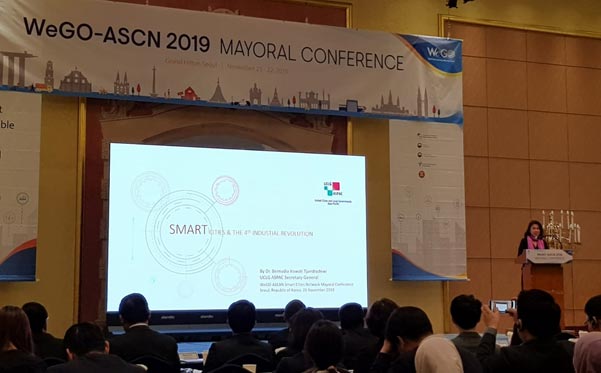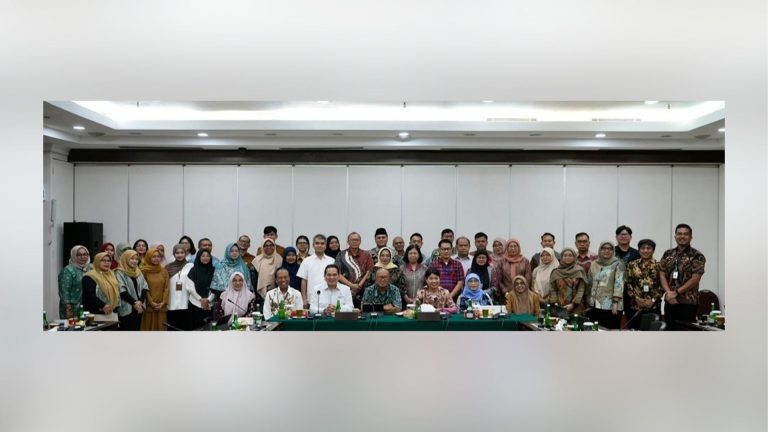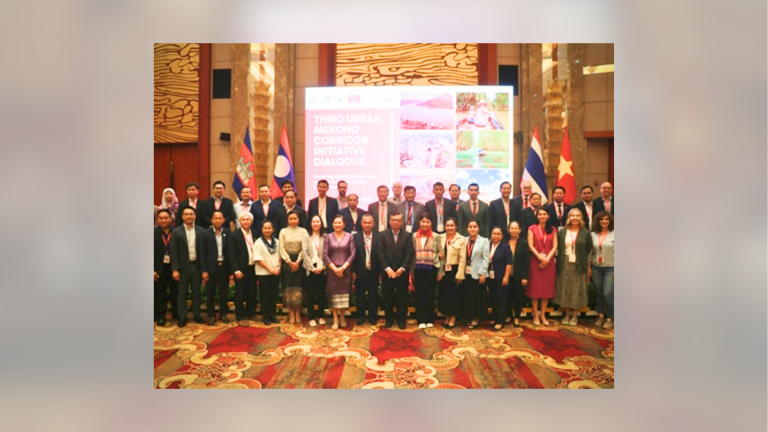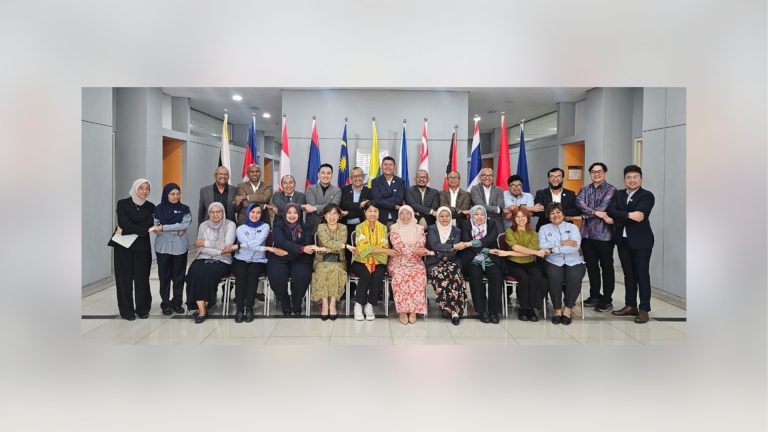21-22 November 2019 | SEOUL – A city is the reflection of the spirit of its people. Therefore, any vision for the future of a city must be a reflection of the dreams and hopes of its people. This principle underlined the keynote speech delivered by UCLG ASPAC Secretary General Dr. Bernadia Irawati Tjandradewi at the WeGo- ASCN 2019 Mayoral Conference, organised by the World Smart Sustainable Cities Organization (WeGO), in Seoul, Republic of Korea (ROK), from 21-22 November 2019. She has used the occasion of her visit to meet the new Secretary General of WeGo, Mr. Kyong-yul Lee and renew UCLG ASPAC’s relations with WeGo as both signed the MOU on 11 September 2015.
The event took place ahead of the ASEAN-Republic of Korea Commemorative Summit in Busan, on 25-26 November. It was also conducted after the 5th ASEAN Mayor Forum (AMF) in August 2019, where the Joint Declaration of the ASEAN-Republic of Korean Mayors on the 30th Anniversary of ASEAN-ROK Dialogue Relations was adopted.
During the opening session, UCLG ASPAC Secretary General Dr. Bernadia delivered a keynote speech on ‘Smart Cities in the Fourth Industrial Revolution,’ emphasising that mayors need to find the right approach for their own city and should start by engaging with people to promote an inclusive and participatory approach. She first invited participants to look at the concept of smart cities and development of the industrial revolutions. While acknowledging that technologies have stimulated innovations and provide solutions to city development, she cautioned that smart cities are governance issues, need not depend exclusively on sensors and computers, need not depend exclusively on sensors and computers.
Dr. Bernadia continued, however, that smart city, if built properly, can be an effective solution to many problems we are facing today. The world is facing more uncertainty, with more complex challenges, presented by rapid urbanisation. ASEAN countries have a combined population of 625 million people, which account for 8.8 per cent of the world’s population. The figure is projected to be increased to 650 million by 2020, more than half of this total population will be living in urban areas. The situation comes with many challenges such as high consumption of energy and emissions of greenhouse gas, high level of solid waste and well as increased exposure of people who live in disaster high risk areas.
“In order to apply a smart city concept to address the problems, we need to start by asking people what kind of city they want to live in and then adopt a suitable technology as means to achieve the kind of society that they envision to have,” noted Dr. Bernadia. She elaborated that no matter how smart a city might be, it will be acceptable as long as it emerges from the ground up, from a citizen-led approach. Moreover, public participation is so essential in ensuring that any solutions are inclusive and benefit, and do not isolate, the poorest and most marginalised people and communities.
Dr. Bernadia also explained that addressing the challenges requires the development of innovative solutions that support sustainable development. Towards this end, cities need “strong enabling environments” that allow their local governments to function more efficiently, competitively and flexibly.
Dr. Bernadia shared her 5-zero’s vision for the Asia-Pacific region: 1) zero inequality; 2) zero poverty; 3) zero crime, violence, disaster and accident; 4) zero greenhouse gas emissions and zero pollution; and 5) zero intolerance and zero discrimination. She concluded her speech by inspiring people to work together for a better future. “If we want to go fast, we go alone, but if we want to go far, we go together.” Let us work towards a future where “we” matters more than “I,” where cities co-exist and prosper together, where people are one with the world.”











